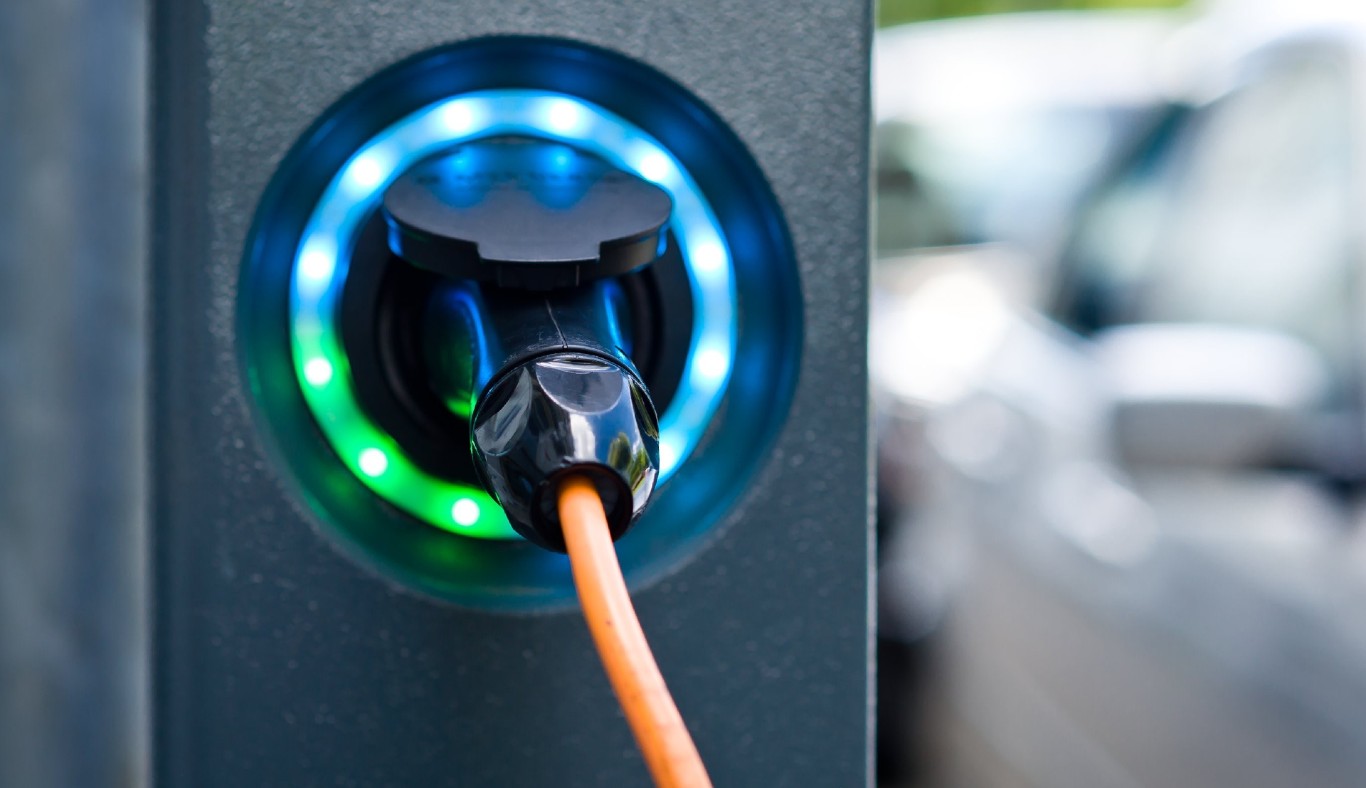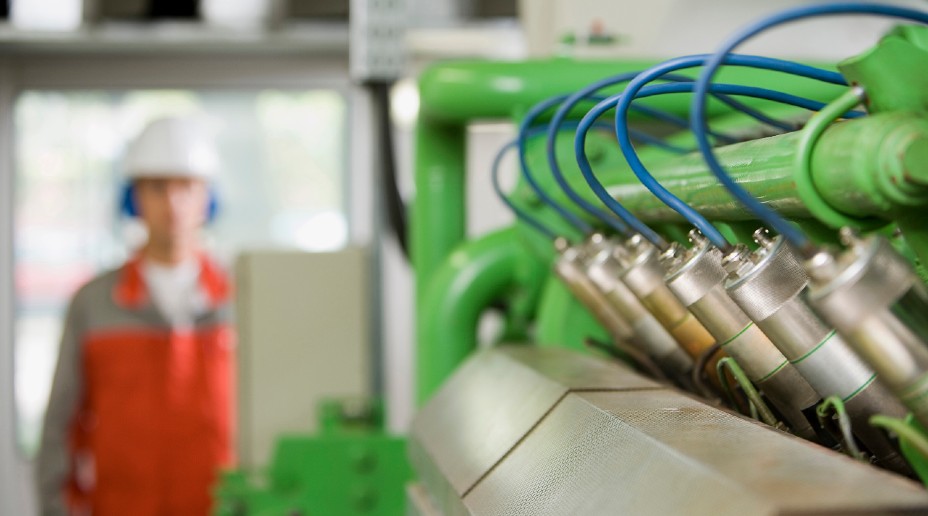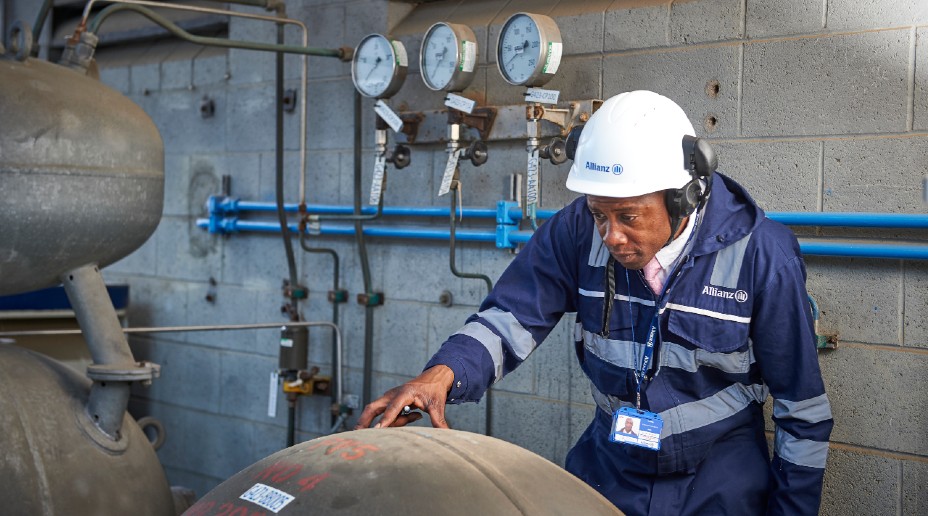- Thorough inspections and testing of fixed wiring in commercial or industrial settings, presented in an Electrical Installation Condition Report (EICR)
- Thorough inspections and testing of Mode 3 EV charging points in commercial or industrial settings, presented in an Electrical Installation Condition Report (EICR)
- Routine checks for fixed wiring
- Inspection and testing of electrical equipment (formerly known as Portable Appliance testing (PAT) regulations)
For more information on our range of services,
or to book an inspection, please get in touch.
With age, use and environmental factors, your electrical installations can degrade and break down. Left unchecked, this can seriously jeopardise the health of your employees, damage your property, and lead to significant data losses through power failures.
Give yourself total peace of mind over your electrical installations and EV charging points with our comprehensive electrical inspection and testing services. With nationwide coverage and a team of UKAS-accredited, NICEIC-approved engineer surveyors, we help you ensure that your electrical components work safely and effectively throughout your facilities.
Our Electrical Installation inspection service options
Our expert engineer surveyors can carry out full inspections of your electrical installations and EV charging points as a regular service, or on an ad hoc basis.
Inspection Services for Electrical Installations and EV Charging Points
Special Services for Electrical Installations and EV Charging Points
- Thermal imaging
- Emergency lighting
- Electrical safety examinations of solar panels
- One off requests for fixed wiring inspection and testing of commercial and industrial premises in accordance with BS7671
- One off requests for inspection and testing of electrical equipment, previously known as Portable Appliance Testing (PAT)
EV Charger Inspections
Since June 2022, building regulations have required EV charging points to be available at:
- new dwellings with associated parking
- new residential properties with over 10 parking spaces
- renovated residential and commercial properties.
Under the Electricity at Work Regulations 1989 (EAWR), EV charger maintenance, inspections and testing are mandatory to ensure your stations are safe to use and working well.
We are fully qualified to inspect and test Mode 3 EV charging points in any commercial and industrial building, either as a standalone service, or within our full electrical installation services. Our in-depth, specialist approach helps support the safety and compliance of your charge points, and identifies any weaknesses before they cause you problems.
The high currents associated with Electric Vehicle Charging Equipment (EVCE) means that any faults can place people and vehicles at serious risk, from electrocutions to electrical fires.
Common problems with EVCE include:
- faulty connections
- improper installations
- inadequate earthing
- component defects
- long-term wear and tear.
As highly experienced electrical inspectors, we conduct thorough, periodic in-service inspections and tests on your EVCE to ensure safety and functionality.
Once in service, we also perform routine checks, inspections and tests over the course of your EVCE’s life, either as a regular service or on a one-off basis. Carried out to both BS 7671 and IET GN3 standards, we identify faults and present our recommendations in a complete EICR electrical report.
According to EAWR, EV charging points must be well-maintained, and inspected/tested according to the duty holder’s risk assessment. When this is absent, we will inspect and test every 12 months.
Furthermore, when first installed, your points must be checked against BS 7671 Wiring Regulations, which confirms they are safe for operation.
Not sure which service is right for you?
Learn more about our service options or contact one of our experts.
Electrical Inspection Services FAQs
Over time, your electrical installations will gradually deteriorate and suffer wear. Additions and alterations by non-competent persons can also leave these in a dangerous state.
If weaknesses are not addressed, they can have serious consequences for you, your employees and your business:
- People can be electrocuted or otherwise injured due to faulty wiring.
- Electrical fires can endanger lives and damage property.
- Power failures can cause equipment shutdowns and significant data loss.
Our trusted engineer surveyors are fully trained to spot all potential hazards in electrical installations, to verify whether your systems are satisfactory for continued use.
All Allianz EL surveyors are National Inspection Council for Electrical Installation Contracting (NICEIC) Approved Contractors. This stamp of quality illustrates our competence at completing electrical work on your behalf against the requirements of BS 7671.
Following end-to-end inspection and testing of your installations, we will compile our findings into an Electrical Installation Condition Report (EICR). This electrical safety condition report provides an appraisal on the continued safe use of an installation, and recommends any necessary repairs.
We can also offer you a range of additional services to confirm the safety of your equipment, including:
- thermal imaging
- emergency lighting
- routine checks of fixed wiring
- inspection and testing of electrical equipment (formerly Portable Appliance Testing [PAT]).
Fixed electrical testing and inspections are carried out under the Electricity at Work Regulations 1989 (EAWR). This is essential to your preventative maintenance programme, confirming that your electrical installations are safe and fit for purpose.
EAWR regulations require the periodic inspection and testing of several types of electrical installations, including (but not limited to):
- control panels
- eV charging points
- fixed wiring.
The frequency of electrical periodic inspections depends on the type of equipment. Many types, including alternators, control panels, and generators, must be inspected every 24 months.
However, for fixed wiring installations, this will depend upon the duty holder’s risk assessment. This is typically between 3 and 5 years.
Scroll down for our complete list of electrical inspection frequencies.
Swipe to view more
| Plant/Equipment Type | Applicable Legislation | Typical Frequency of Inspections |
| Alternator | PUWER | 24 months |
| Control Panels | PUWER / EAWR | 24 months |
| Engines, Motors, Pumps & Compressors | PUWER | 24 months |
| EV Charging Points | EAWR | 12 months |
| Fixed Wiring | EAWR | 3 or 5 years (depending on type of location) |
| Generators | PUWER | 24 months |
According to EAWR, you must maintain all electrical systems you are responsible for, so far as it is reasonably practicable, to avoid danger. This covers your electrical installations, plant and portable appliances.
Fundamentally, you should never leave electrical safety to chance. Scheduling regular inspections in line with HSE guidance ensures your fixtures and equipment pose little risk to your employees, properties and data.
There are five main purposes of EICR reports.
1. To record results of inspection and testing, confirming your electrical installations are safe to use until the next inspection to date.
2. To locate any damage and wear, and alert you to this.
3. To find any parts of your electrical installations that do not meet IET Wiring Regulations.
4. To identify anything that may cause electric shocks or high temperatures.
5. To provide an important record of your installation at the time of inspection, to guide future inspection and testing.
A competent electrical inspector should have the right qualifications, practical experience, and thorough knowledge of electrical systems and EAWR standards. This enables them to locate any weaknesses, deliver complete EICR reports and recommend solutions.
Furthermore, a competent person should not be the same person who performs routine maintenance on your equipment – it must be from an independent, impartial source.
The comprehensive experience and knowledge of our engineer surveyors means we can inspect your electrical installations to these high standards.
Speak to our team to explore our range of service options.
Why choose Allianz for your electrical
testing and inspections?
testing and inspections?
With more coverage, engineer surveyors and capacity than anyone else, you can rely on our team to take care of everything with absolute efficiency
and attention to detail, so you always comply with EAWR regulations.


